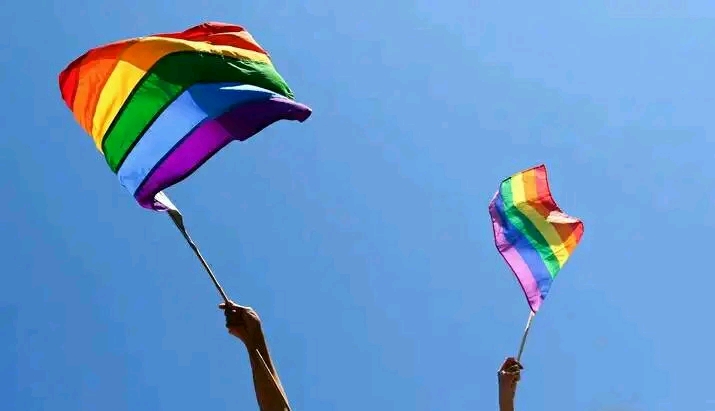By Ollus Ndomu
Namibia has taken a historic step by declaring colonial-era laws criminalizing same-sex acts between men unconstitutional, marking a significant victory for LGBTQ+ rights in the country.
The Friday landmark decision was driven by Namibian activist Friedel Dausab, who filed the case with support from the UK-based NGO Human Dignity Trust.
“It won’t be a crime to love anymore,” Dausab said, reacting to the court’s verdict.
While the ruling decriminalizes same-sex relationships, same-sex marriage remains illegal in Namibia. However, the country recognizes unions performed abroad upon the couple’s return, highlighting a complex but evolving legal landscape for LGBTQ+ rights.
In a separate development, Namibia has recently introduced a minimum wage, a bold move reflecting the nation’s commitment to improving living standards for its workforce. This policy aims to address income inequality and ensure a basic standard of living for all workers.
The introduction of a minimum wage in Namibia contrasts sharply with the ongoing struggle in Nigeria, where workers are fervently negotiating for a new pay structure. The negotiations in Nigeria highlight the broader challenges faced by many African nations in balancing economic growth with fair labor practices.
For Africans in low-paying jobs, a minimum wage signifies more than just an increase in income; it represents a step towards economic justice and improved quality of life. It can lead to increased consumer spending, which drives economic growth and development. However, the implementation of a minimum wage also poses challenges, such as potential increases in operational costs for businesses and the risk of job losses if employers cannot afford the new wage standards.
Economists and social scientists argue that a well-implemented minimum wage can reduce poverty and inequality, fostering a more inclusive economy. It can also improve worker productivity and morale, leading to better business outcomes. However, for the minimum wage to be effective, it must be part of a broader strategy that includes social protections, skills training, and economic diversification.
Namibia’s dual focus on social justice and economic reform reflects broader trends across Africa, where countries are increasingly addressing colonial legacies and striving for more equitable and just societies.


